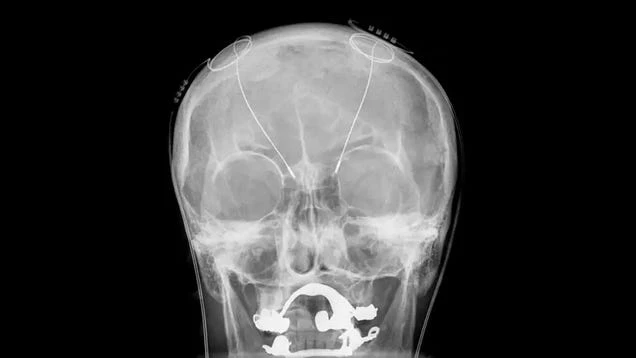5 Real Medical Treatments That Sound Like Sci-Fi
Modern medicine has greatly advanced our ability to extend lives and reduce suffering in a myriad of ways. While many impactful interventions have been around for years, innovative treatments that border on science fiction have been emerging. Here are five remarkable medical interventions that are already available or on the cusp of becoming reality.
Advanced Robot Surgeons
Today’s robots, while not as autonomous as those seen in science fiction, have made significant strides in the field of surgery. In 2022, researchers at Johns Hopkins presented results showcasing the capabilities of their Smart Tissue Autonomous Robot (STAR). The robot successfully carried out a complex laparoscopic surgery in pigs, demonstrating a higher level of precision compared to human surgeons. While currently functioning as an assistive tool for human doctors, the vision for these robots includes operating independently in emergency situations, such as treating trauma patients en route to the hospital.
Stimulating the Brain to Treat Depression
The concept of using electricity to alleviate mental illness has historically carried stigma due to early psychiatric practices. However, modern methods of brain stimulation have displayed promise in alleviating depression and other challenging conditions. Last October, a research team revealed results of their personalized deep brain stimulation technique, which involved implanting a pacemaker-like device in the brain. The treatment successfully alleviated a woman’s severe depression, providing a glimpse into its potential to offer relief to individuals with untreatable conditions.
Drug-Releasing Contacts
In March, the FDA approved the first drug-releasing contacts, offering a means to release antihistamines over several hours to prevent or reduce itchy eyes. This technology holds the potential to expand its application to treat various eye conditions, including glaucoma, infections, and cataracts.
Gene Therapy
For decades, scientists have pursued therapy/ target=”_blank”>gene therapy as a means of treating challenging or seemingly incurable ailments. Recent advancements have demonstrated the feasibility of these efforts, with the FDA approving at least two therapy/ target=”_blank”>gene therapy treatments designed to correct or replace harmful mutations causing illness. Gene editing of T-cells in the lab to enhance their ability to combat certain cancers has also shown promise. Notably, a small trial using therapy/ target=”_blank”>gene therapy to repair the misshapen red blood cells of individuals with sickle cell disease yielded impressive results, potentially signifying a genuine cure for the genetic disorder.
Genetically Modified Pig Organ Transplants
In 2021, two teams achieved successful organ transplants from genetically modified pigs into brain-dead humans, marking a significant advancement in the availability of organs for transplantation. Subsequently, in 2022, a team from Maryland performed the world’s first transplant of a modified pig heart in a terminally ill individual, demonstrating the potential of genetically modified pig organs to overcome rejection by the human immune system. Despite the need for extensive clinical trials, these advancements offer hope for addressing the shortage of available organs for transplantation.
In conclusion, the development of these real medical treatments that sound like they are straight out of a science fiction novel holds the promise of revolutionizing healthcare and improving the lives of countless individuals. As technology continues to advance, these innovative interventions may become commonplace, offering hope for those facing previously insurmountable health challenges.
Source: gizmodotech








No Comments